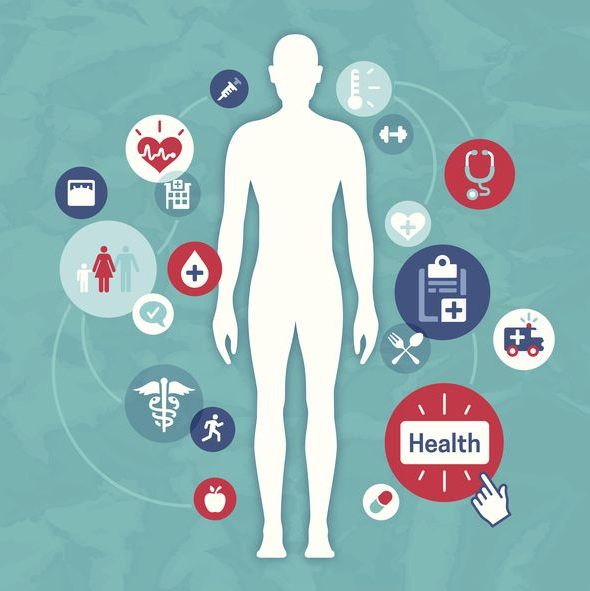Self-care -- maintaining a healthy and balanced lifestyle through individually determined activities -- has been found to improve productivity and a sense of well-being as well as physical and emotional health in a variety of work settings. Although it is still considered a somewhat controversial concept, many colleges and universities are now regarding self-care as essential for the optimal well-being of everyone in their community: faculty, staff, administrators, students, support personnel and others. The benefits of promoting self-care in the workplace are well documented.
Yet even in the face of high and increasing stress levels in all educational fields, self-care remains a low priority for many people in academic settings. In part, that is due to the traditional, culturally entrenched belief that faculty and staff members are expected to be concerned about the well-being of others -- often at the exclusion of their own well-being. Indeed, we contend that self-care has not been promoted as a universal component of educational programs because it is perceived by many people to be time off task -- and therefore detrimental to fulfilling "real" academic work commitments.
But if more colleges and universities implement self-care programs, the result will be more engaged campuses that are capable of promoting greater student success, producing higher levels of research and serving as exemplary educational models.
As an example, we recently implemented a self-care program for faculty and staff members in the Michael D. Eisner College of Education at California State University, Northridge. Our survey, observation and interview data indicate that the program is effectively making significant inroads toward a cultural shift in the perception of self-care.
Our first step in this process was to conduct an informal needs assessment about how faculty and staff members in our college were doing in the area of self-care. Independent conversations with different individuals suggested that, although most of them enjoyed their work, they often experienced stress and burnout on the job as a result of a heavy workload.
Our second step was to research successful self-care programs at colleges and universities throughout the United States. We discovered that engagement in self-care was highest when faculty and staff members themselves chose the activities and those programs were offered at convenient times and locations. Based on those findings and organizational change theory, we crafted the following operational definition for self-care: "taking responsibility for oneself to maintain a healthy and balanced lifestyle at work and in one's personal world through individually determined, proactive activities."
Using that definition, we then surveyed faculty and staff members about their self-care preferences and willingness to participate in any self-care programs. We analyzed the data to determine their preferences when it came to the number and type of activities, as well as the locations and times such activities were offered. Preferred activities included mindfulness meditation, nutrition and health, light exercise and walking, and beginning yoga.
Based on those preferences, we launched a self-care pilot program in spring 2015, offering activities around noon or in the early afternoon in the education building. Volunteer faculty and staff members served as activity guides. We shared information about those various activities via email blasts and on our website. The program was informally named Self-Care for U at Northridge, or the SUN Program.










